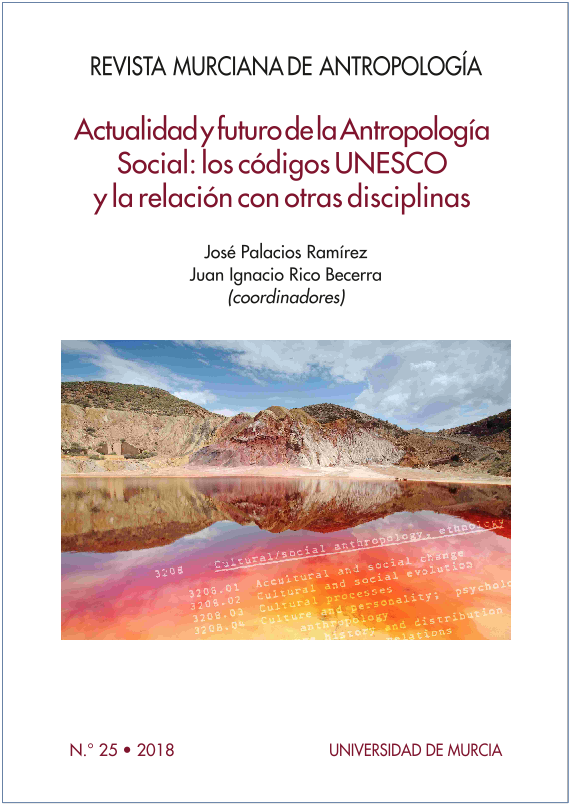The Family Planning Movement in Murcia and the Access of Women to Contraception, 1976-1980
Abstract
During the 1970’s a social movement for family planning began in Spain. Social, political and health science interests came together, resulting in the decriminalization of contraceptives which had been forbidden in Spain since 1941, and in the development of infrastructures which facilitated the access of all women to them. One aspect that characterized this process was the regional diversity of the models regarding the origin, development and consolidation of the family planning centers. The proposed research seeks to describe and analyze the case of the Region of Murcia as an example of this process in the Spanish periphery, with its singularities and similarities within the national context. The study focuses on the period between 1976 and 1980 within the first phase of the family planning movement in our country, when the legalization of all contraceptive methods is achieved.
Downloads
-
Abstract680
-
pdf (Español (España))446
Las obras que se publican en esta revista están sujetas a los siguientes términos:
1. El Servicio de Publicaciones de la Universidad de Murcia (la editorial) conserva los derechos patrimoniales (copyright) de las obras publicadas, y favorece y permite la reutilización de las mismas bajo la licencia de uso indicada en el punto 2.
2. Las obras se publican en la edición electrónica de la revista bajo una licencia Creative Commons Reconocimiento-CompartirIgual 4.0 Internacional. Se pueden copiar, usar, difundir, transmitir y exponer públicamente, siempre que: i) se cite la autoría y la fuente original de su publicación (revista, editorial y URL de la obra); ii) se mencione la existencia y especificaciones de esta licencia de uso.
3. Condiciones de auto-archivo. Se permite y se anima a los autores a difundir electrónicamente las versiones pre-print (versión antes de ser evaluada) y/o post-print (versión evaluada y aceptada para su publicación) de sus obras antes de su publicación, ya que favorece su circulación y difusión más temprana y con ello un posible aumento en su citación y alcance entre la comunidad académica. Color RoMEO: verde.













